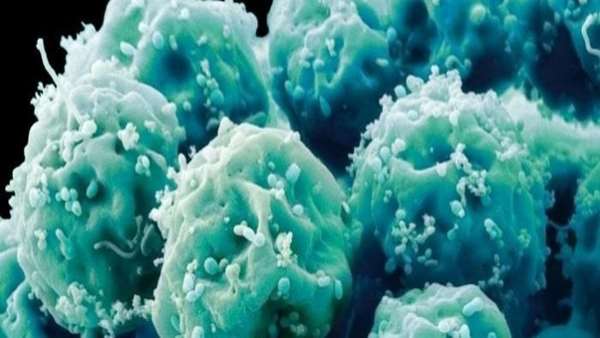Process of stem cell autophagy may offer new targets for regenerative therapies
Researchers at Penn Medicine (PA, USA) have uncovered new roles of autophagy in embryonic stem cell renewal and differentiation. These processes, which pertain to chaperone-mediated autophagy (CMA) and a related metabolite, offer new insights that may be critical in the development of novel regenerative therapies. The study was recently published in Science.
Researchers at Penn Medicine (PA, USA) have uncovered new roles of autophagy in embryonic stem cell renewal and differentiation. These processes, which pertain to chaperone-mediated autophagy (CMA) and a related metabolite, offer new insights that may be critical in the development of novel regenerative therapies. The study was recently published in Science.
Until now, the metabolic systems underlying the state of pluripotency and eventual differentiation of embryonic stem (ES) cells have remained elusive.
In efforts to better understand the significant changes that take place during ES cells’ pluripotent state and eventual differentiation, researchers used metabolomic and genetic laboratory techniques to study the embryonic stem cells of mice.
They discovered that CMA, a form of autophagy unique to mammals, is minimized by the activity of two cellular factors – Oct4 and Sox2 – that suppress a gene termed LAMP2A, which codes for lysosomal associated membrane protein-2, necessary in CMA. This reduced level of CMA activity allows stem cells to maintain high levels of α-ketoglutarate, which reinforces a cell’s pluripotent state.
Upon differentiation, the researchers observed an upregulation of CMA due to a reduction in Oct4 and Sox2. This led to the degradation of key enzymes responsible for the production of α-ketoglutarate, which in turn led to a reduction in levels of α-ketoglutarate as well as an increase in other cellular activities that promote differentiation.
These findings reveal a crucial role of CMA and α-ketoglutarate in dictating the fate of ES cells.
“It’s an intriguing discovery in the field of stem cell biology and for researchers looking to develop therapies for tissue or organ regeneration,” commented senior author Xiaolu Yang (Perelman School of Medicine at the University of Pennsylvania, PA, USA). “We reveal two novel ways to potentially manipulate the self-renewal and differentiation of stem cells: CMA and a metabolite, known as alpha-ketoglutarate, that is regulated by CMA.”
He went on to explain that intervening or guiding these functions could be a powerful way to increase the efficiency of approaches in regenerative medicine: “This newly discovered role of autophagy in the stem cell is the beginning of further investigations that could lead to researchers and physician-scientists to better therapies to treat various disorders.”




ارسال به دوستان